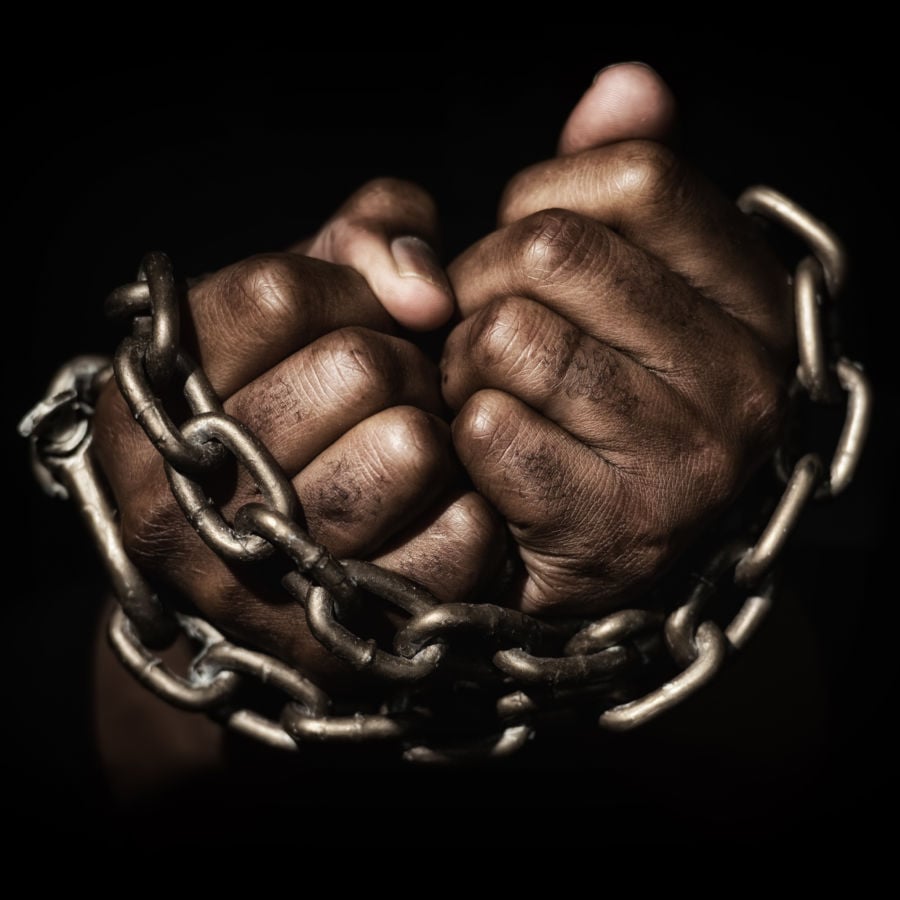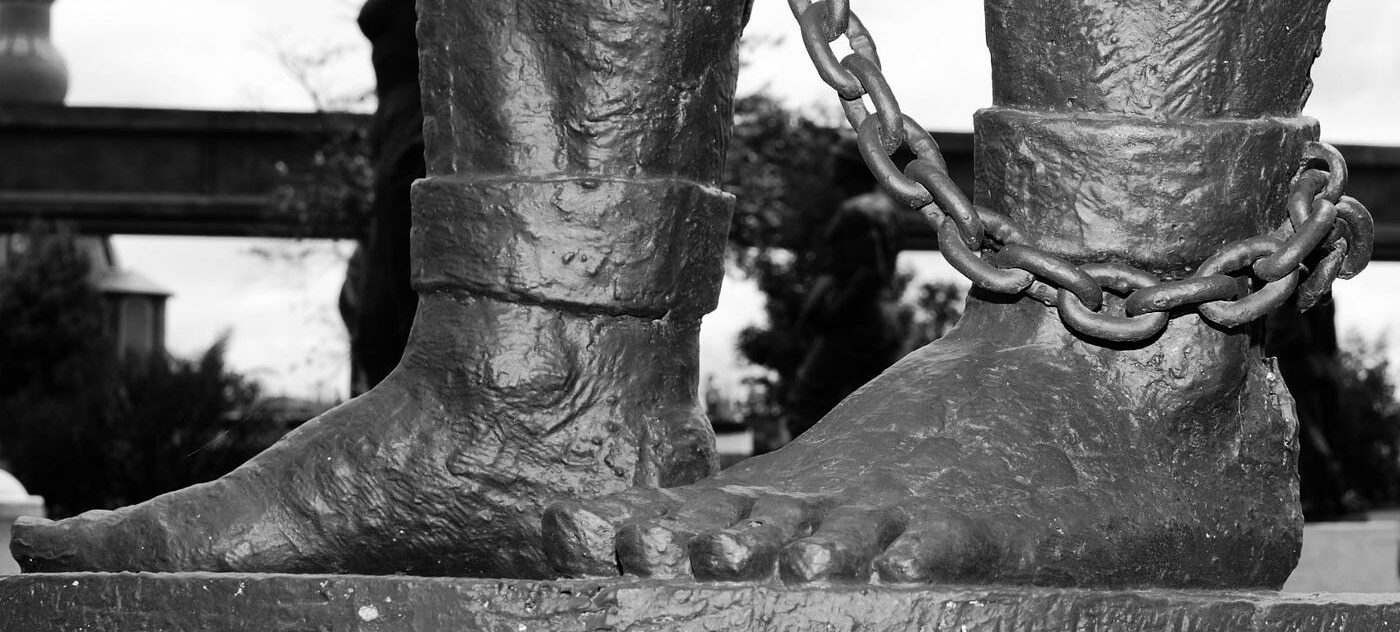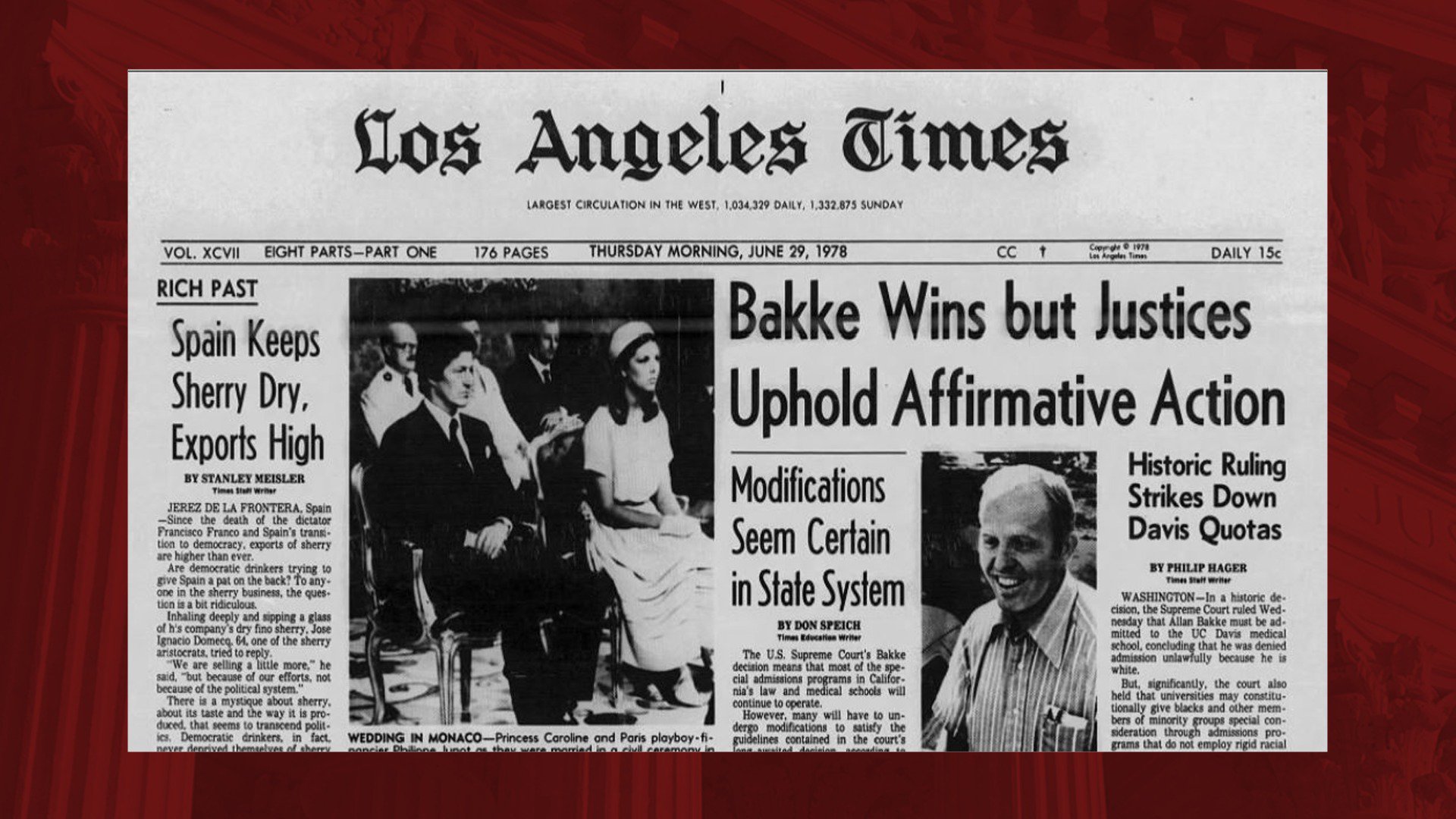During the Antebellum Period, Southern culture and slave culture were one and the same, but Southern culture was highly religious. While it is not entirely clear whether or not the Bible condemns or condones slavery, there are several biblical parts that show both arguments in favor of slavery and arguments against slavery, specifically based on the idea of religion.
In the ancient world, and when the Bible was first written, slavery was a universal phenomenon. Slavery became part of the culture, and people began accepting it as a fact of life; they didn't know of anything different. In the first ten commandments, slavery is mentioned twice, in the fourth and tenth commandments. Taken from the source,
Biblical Studies, the curse of Noah was seen as the divine initiation of slavery, meaning the beginning. Noah cursed his son by saying, "a slave of slaves shall you be to your brothers." This ultimately proved God himself initiated slavery. Noah had been regarded as someone who, "spoke under the impulse and dictation of heaven. His words were the words of God himself, and by them was slavery ordained."
Additionally, parts of the Hebrew Bible along with the New Testament also endorse the idea of slavery. Described in Bible Odyssey, Moses told the Israelites on the way to the Promised Land how they should acquire and keep slaves (Lev 25:44-46), and his successor, Joshua, responded with, "some of you shall always be slaves" (Josh 9:23). And, identified in the New Testament, "Slaves, obey your earthly masters with fear and trembling" (Eph 6:5-6), agrees with the idea of slavery and continues to add to the fact that in these ancient times, slavery was normal, and it was justified under the Bible, which most religious people at the time studied daily.

Many religions have condemned slavery, including Christianity, which speaks out against slavery in many ways. Charles Elliot, in his book
“The Bible in Slavery,” highlights that the teachings of Christ and his apostles clearly denounces slavery as a serious sin. We also get to see that the writings of Paul and Peter specifically tell slave masters and slaves in ways that oppose the system. This shows that the Bible does not support the practice. Many passages in the bible speak against slavery, and puts a lot of emphasis on its wrongs.
It is constantly highlighted that the key commandments in the Bible, such as the fifth, seventh, and eighth, indirectly condemn slavery. These commandments do so by condemning actions like stealing and mistreating others. These commandments emphasize respect for human life and dignity. It also puts a lot of emphasis on the values that come with the idea of owning another person. By highlighting the immoral nature of enslaving others, these religious teachings argue that all people deserve freedom and respect. This view is not just seen in Christianity but is seen in many other religions, showing a common belief that slavery is fundamentally wrong and that every person has the right to be treated with dignity.

So whether or not you were religious during this time period, there is evidence that both supports and argues against the idea of slavery. It is unclear on if we can say the Bible was favored in one way or another due to the evidence we have gathered, but since there are certain writings indicating each side, it shows how even the most religious people of the time had some interaction with the idea of slavery. While now we would condemn the findings in the Bible of slavery, it was not one of the worries or main problems of the time it was written, why is why we see both sides of the spectrum.
 Many religions have condemned slavery, including Christianity, which speaks out against slavery in many ways. Charles Elliot, in his book “The Bible in Slavery,” highlights that the teachings of Christ and his apostles clearly denounces slavery as a serious sin. We also get to see that the writings of Paul and Peter specifically tell slave masters and slaves in ways that oppose the system. This shows that the Bible does not support the practice. Many passages in the bible speak against slavery, and puts a lot of emphasis on its wrongs.
Many religions have condemned slavery, including Christianity, which speaks out against slavery in many ways. Charles Elliot, in his book “The Bible in Slavery,” highlights that the teachings of Christ and his apostles clearly denounces slavery as a serious sin. We also get to see that the writings of Paul and Peter specifically tell slave masters and slaves in ways that oppose the system. This shows that the Bible does not support the practice. Many passages in the bible speak against slavery, and puts a lot of emphasis on its wrongs. 





No comments:
Post a Comment